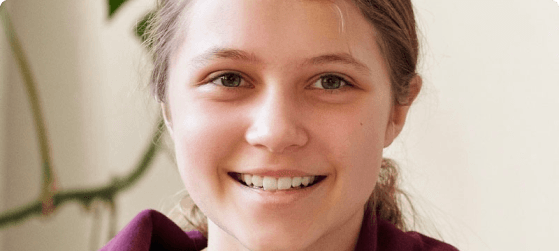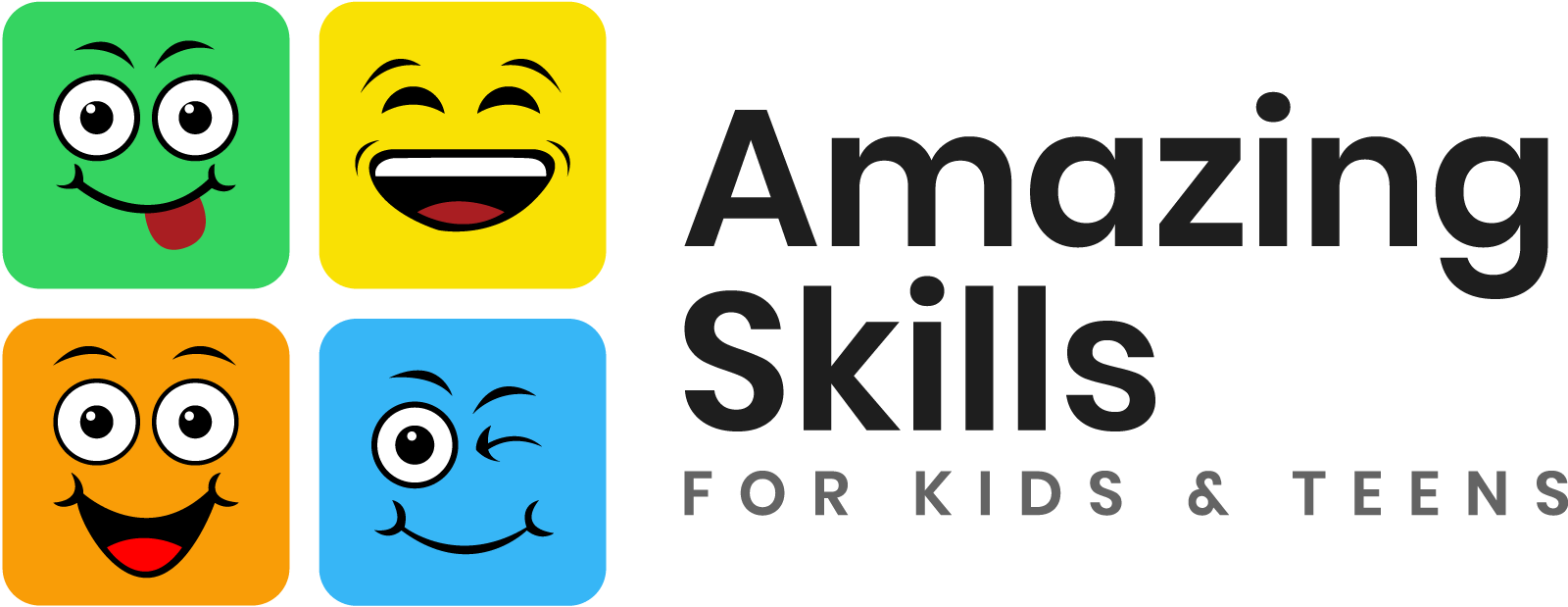PEERS Social Skills Course
(Info to support the professionals who are helping our students)
So if you're a psychologist, speech therapist, occupational therapist or school teacher, make yourself at home...
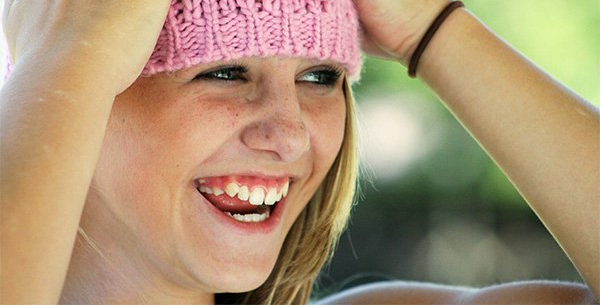
Week 1 - Starting /maintaining conversations
HOW TO START CONVERSATIONS
What do we look for in a friend (how to tell a real friend from a false friend)?
We looked at factors like:
- sharing common interests,
- kindness and caring,
- support,
- commitment and loyalty,
- honesty and trust,
- equality,
- ability to self-disclose feelings,
- conflict resolution.
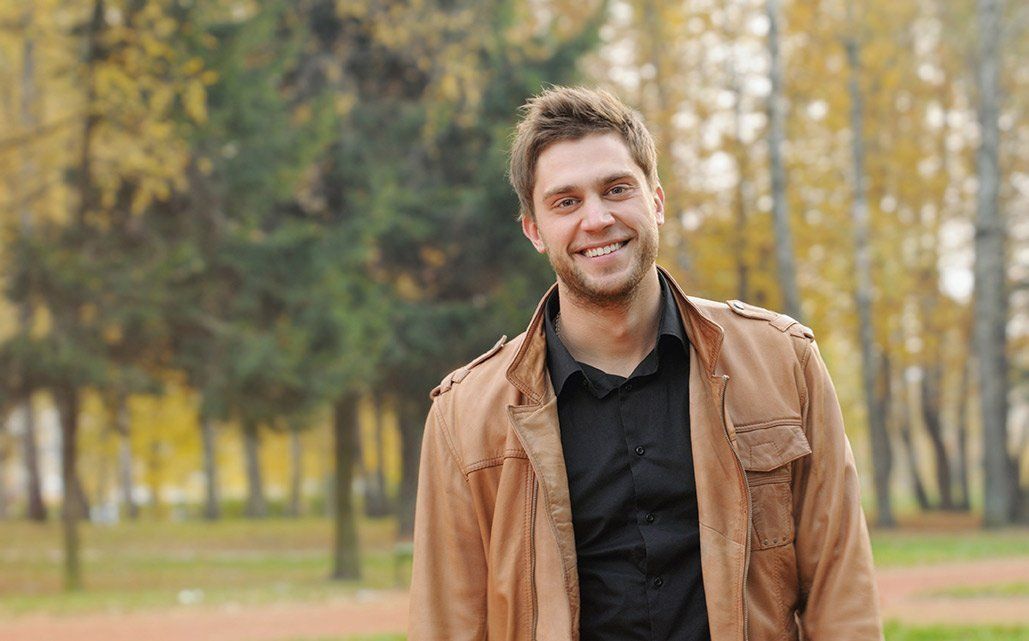
How to make conversations work (Steps for conversational skills)
We discussed these skills and we did some practise:
- Asking the other person questions
- Answering your own question (when the conversation dies because the other person doesn’t ask you any questions, you can answer the question that you last asked them and it keeps the conversation going)
- Talking about common interests (finding topics that you both enjoy talking about so that you are both keen to continue the conversation)
- How to ask follow-up questions (after someone has given you an answer, pick out something in what they said and ask them a follow-up question about it)
- Avoid being a “Conversation Hog” (Don’t dominate conversations by talking too long on your own favourite topics.)
- Avoid being an “Interviewer” (It’s good to ask the other person questions, and we also need to self-disclose our own thoughts and opinions otherwise we come across as unfriendly.)
- Go slow and steady with personal/distressing topics (don’t give too much information out of a personal nature, because it causes us to appear needy and people will withdraw from us)
How to initiate a conversation with someone new (the exact formula)
The formula for starting a conversation is:
- casually look over,
- look slightly interested at first,
- find a common interest,
- mention the common interest,
- ask questions about the common interest,
- assess their interest level (check the other person is keen to talk)
- introduce yourself.
SKILLS/TECHNIQUES TO KEEP CONVERSATIONS ON TRACK
More important skills we will cover include:
- Characteristics of Good Friendships
- Rules for Trading Information
- Steps for Starting Conversations
- Maintaining Conversations
Important NEW skills we will be learning:
- Don't brag
- Don't be the police
- Use good body boundaries
- Use good volume control
- Use good eye contact
- Don't be argumentative
- Listen to your friend
- Ask open-ended questions
- Don't be repetitive

Our PEERS respond well to:
- Praise e.g 'Nice job trading information and common interests'.
- Offering suggestions/constructive feedback e.g 'How about next time we also ask more follow-up questions'
- Focusing on strengths e.g 'I like how you showed your friend you were listening during that conversation. That was a great follow-up question.'
Missions for PEERS and Parents/Coaches are:
- Parents and Coaches are to assist their Young Adult to engage in a conversation with another young adult via phone or video call. Do this 1-2 times a week.
- Peers will use these calls or video chats to Practice Trading Information and Maintaining Conversations using the 'buzzword phrases' under this heading. Do this 1-2 times a week.
- After the conversation is complete, we encourage our Social Coach to ask their PEER the 'Perspective Taking' questions in the handout as part of a self-assessment. Do this 1-2 times a week.
Week 2 - Electronic communication including cyber safety
TEXTS, PHONES & ELECTRONIC COMMUNICATION
This includes things like making calls, texting, emailing, social media networking, video chats and instant messaging.
Electronic Communication is a vital way for young people to communicate with each other.
So we want to work with you to ensure their experiences are positive ones.

Your young person's tasks:
- Continue finding a source of friends
- Continue starting a conversation and trading information with a peer.Social Coaches should go back over these rules before practising this task and ask the social coaching questions after practice.
- Arrange a phone or video chat with someone.
- Practice starting and ending a call while trading information and finding common interests.
All tips and steps needed to help you successfully achieve this mission can be found in the social coaching handouts attached.....
Also included in the Social Coaching Handout is:
1. Steps for exchanging contact information
2. Steps for starting and ending phone calls
3. Cover story or 'reasons for the call' examples
4. Steps for leaving a voicemail
5. General rules for using Electronic Communication
6. Safety plans for attending Meet-Up groups found online
7. Suggestions for staying safe online
Week 3 - finding reliable sources of friends + appropriate use of humour
WHERE TO LOOK FOR FRIENDS
TASK 1. Finding appropriate friendship sources:
There are a variety of ways we can go about looking to develop new friendships. There a 3 main ways to find good potential friends…
- Social Groups (Scouts/School choir/School Bookclub): See attachment and start brainstorming with your Young Adult that may suit their needs (details in Table 4.1)
- Social Activities (soccer/swimming/dance): Discuss the possibility of joining a social activity like etc.
The criteria should be:
- Based on things of interest to your young person,
- Meets at least fortnightly
- Accepts peers of similar ages
- Includes unstructured time to interact with others
- Activity can be accessed within the next couple of weeks
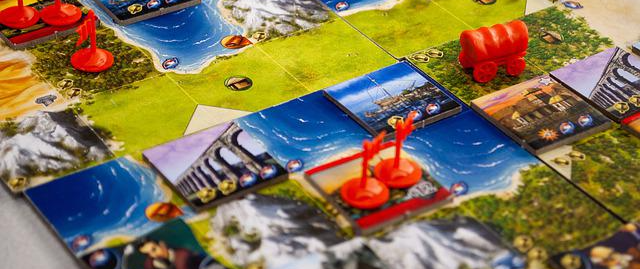
Use Table 4.2 (attached) as a guide to assist with possible activities. Feel free to go online to find out what is available in your local area and assist your Young Adult to enrol in the desired activity.
Common Interests
Here are some CLUES for our Young Adults that help identify if there is a common interest:
- Appearance - e.g clothing, hair colour and style.
- Interests - e.g what do they like to talk about?
- What they do in their free time?
- Who they currently hang out with?
- Where they like to hang out?
- Social activities they already belong to.
TASK 2. Assessing Peer Acceptance or Rejection:
As your young adult begins to identify which social groups they might fit in with, it will be important to practice identifying how you can tell if they are accepted or not by people within these groups.
Table 4.3 (attached) is a chart that you can use to help your Young Adult identify the differences between acceptance or lack of acceptance. Ask your Young Adult include:
- How can you tell if you're ACCEPTED by someone?
- How can you tell if you're NOT ACCEPTED by someone?
No one likes to feel rejected and this is again where the wonderful support of our PEERS parents and Coaches is vital. Letting our PEERS know that they will need to be potentially prepared that not everyone wants to be friends with us, as friendship is a choice.
Remember, we don't get to be friends with everybody, just like not everybody gets to be friends with us.
TASK 3: Call or Video Chat (1-2 times a week)
Parents and Coaches are to assist their Young Adult to engage in a conversation with another young adult via phone or video call.
Before calling go over 'Trading Information' skills from the first PEERS session:
- Don't brag
- Don't police
- Use good body boundaries
- Use good volume control
- Use good eye contact
- Don't be argumentative
- Listen to your friend
- Ask open-ended questions
- Don't be repetitive
After the call ask your Young Adult:
- What was the common interest?
- What could we do with that information if we wanted to hang out?
TASK 4. Choose a personal item to PEERS to trade information
Our PEERS respond well to:
- Praise e.g 'Nice job trading information and common interests'.
- Offering suggestions/constructive feedback e.g 'How about next time we also ask more follow-up questions'
- Focusing on strengths e.g 'I like how you showed your friend you were listening during that conversation. That was a great follow-up question'
We all respond well to:
- Praise e.g 'Nice job trading information and identifying common interests.
- Offering suggestions/constructive feedback e.g 'How about we do some research into what activities are available locally?'
- Focusing on strengths e.g 'I like how you are willing to consider trying new activities.'
APPROPRIATE USE OF HUMOUR
1. Rules for Humour - which covers things such as
- Rules of Humour (what works & doesn’t)
- Give a courtesy laugh
- Are people laughing at you or with you
- Paying attention to humour feedback.

2. Getting the ‘Funny Level’ just right
- Joke Tellers - we avoid being someone who is constantly telling jokes and can’t be serious.
- Joke Lovers - we aim to be people who tell jokes sometimes and enjoy others jokes.
- Joke Haters - we avoid being someone who hates jokes or who stops others enjoying jokes.
We will also be continuing to practice conversational skills with your young person.
- Practising the Rules for Trading Information and Finding Common Interests
- Followed by these two Social Coaching Questions:
- What was the common interest in that conversation?
- How can we use this common interest to spark future conversations?
You are always welcome to give us a call on 0481 614 517 if we can help you and your young person kick some goals.
Week 4 - Entering and exiting group conversations
ENTERING GROUP CONVERSATIONS
In Weeks 1-3, we've learned:
- Starting conversations and trading information,
- Maintaining conversation and trading information.
- Finding a Source of Friends
- Appropriate use of Electronic Communication
- Appropriate Use of Humour - last week was a great opportunity to share some laughs together.

Entering Group Conversations can be a bit trickier than striking up a conversation with just one individual.
Myth-busting: Don't do what you were told at school:
Throughout this session, we will look at how common advice such as 'be yourself'',and 'just go and talk to them' is totally NOT effective.
As always there will be opportunities to practise these skills in our online small groups and we have attached the task sheet for parents.
It is very encouraging watching our PEERS grow in confidence each week and we love hearing feedback form yourselves and them.
We are only a phone call away if you need any further support on 0481 614 517.
EXITING CONVERSATIONS
Sometimes even when we follow all the steps for entering group conversations we might discover that the group does not want to talk to us, or are not the right fit for us. This happens to all of us and that's why it is important that we practice building our confidence:
- Exiting conversations when NOT ACCEPTED
- Exiting conversations when INITIALLY ACCEPTED AND THEN EXCLUDED
- Exiting conversations when FULLY ACCEPTED
As always there will be opportunities to practise these skills in our online small groups and we have attached the task sheet so you know exactly how we’re helping your child.
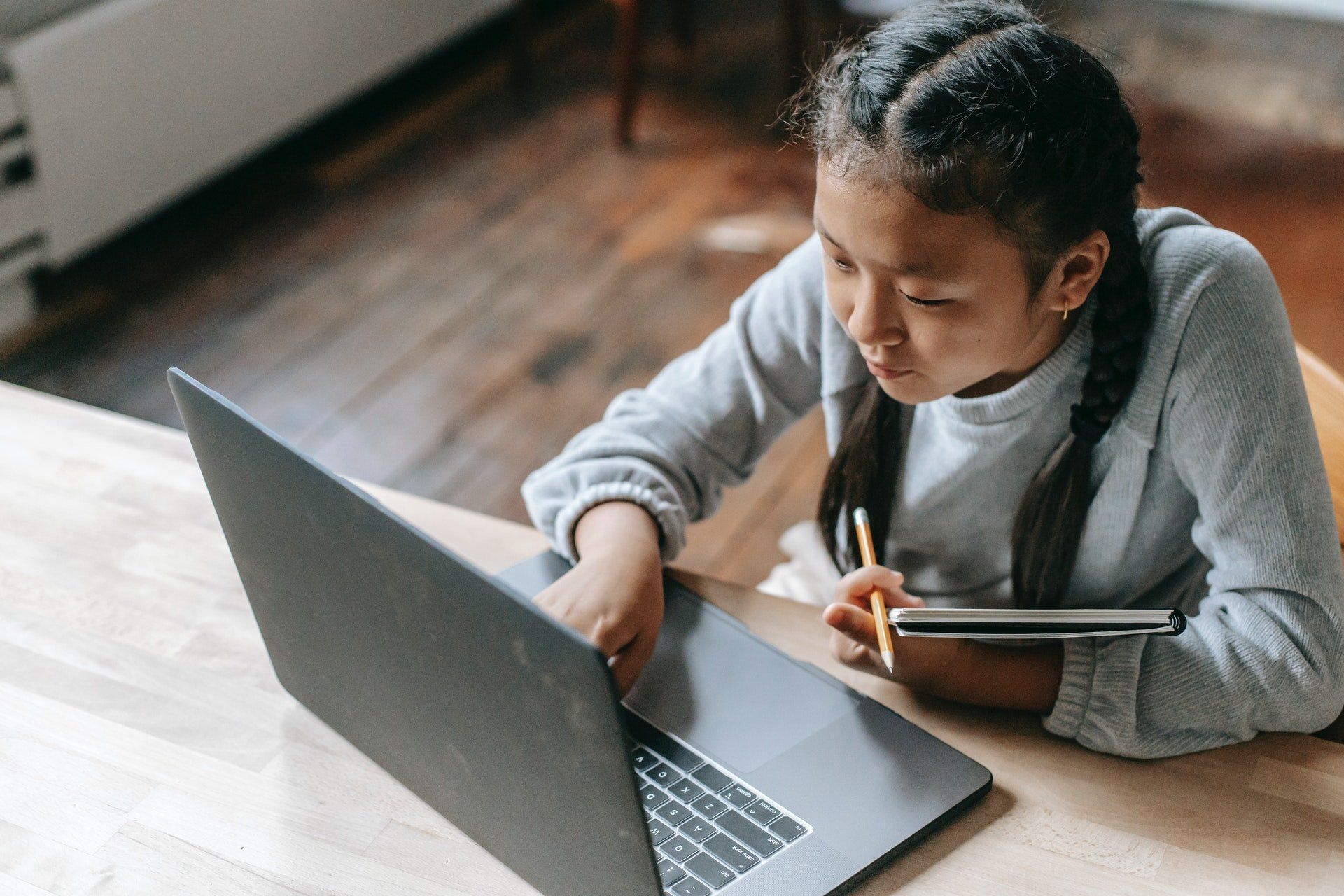
Week 5 - planning get-togethers and handling disagreements
HOW TO DO SOCIAL GET-TOGETHERS
The 5 W's will help our PEERS to be more confident in planning successful Get-Togethers.
The 5 W's for planning Get-Togethers are:
1. WHO is going to be there
2. WHAT you're going to do
3. WHERE you're going to get together
4. WHEN you're going to get together
5. HOW the get together is going to happen
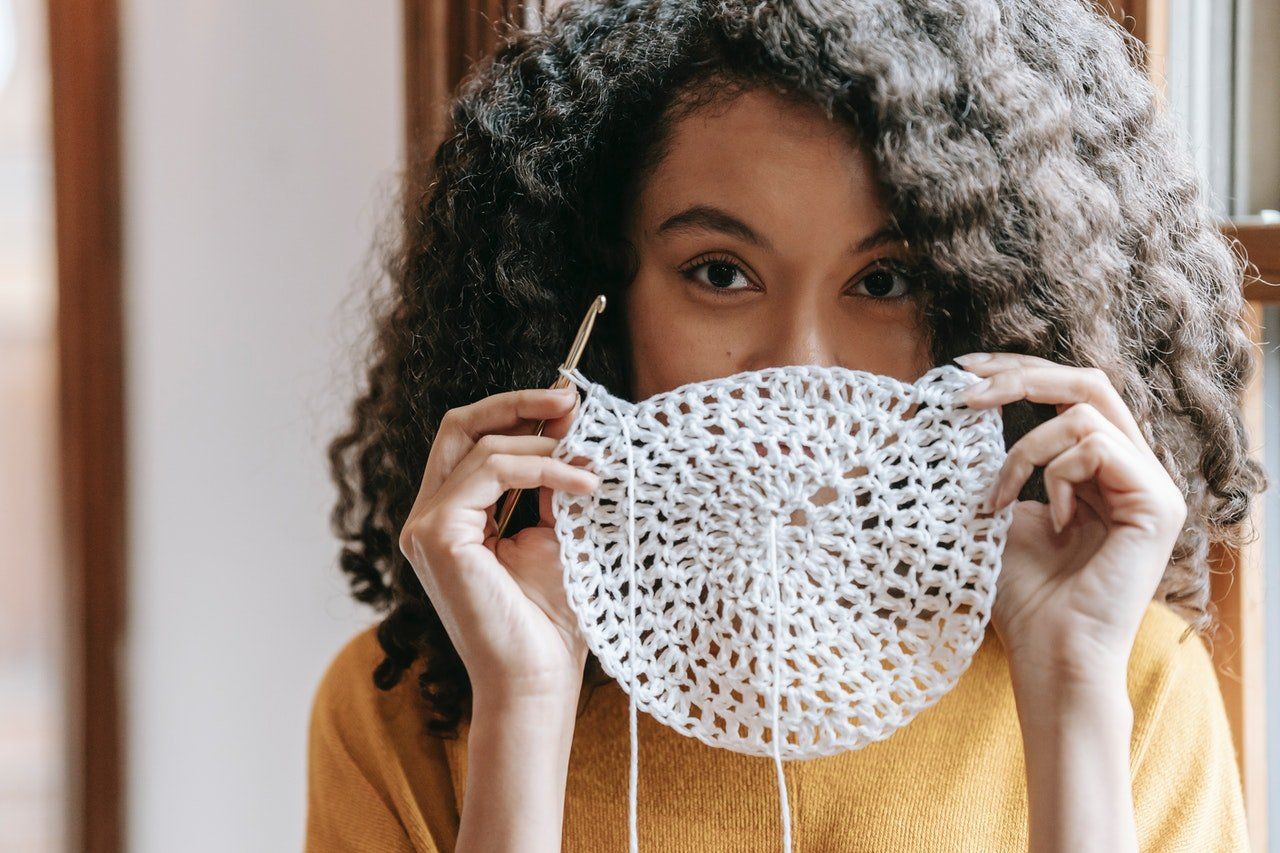
During our PEERS session we will also discuss:
- Preparing for Get-Togethers
- Steps for Beginning and Ending Get-Togethers
- Rules during Get-Togethers
This week our PEERS will be encouraged to plan their very own Get-Together with someone they know, and they will possibly need their wonderful Parents/Mentors support to plan out the WHERE and WHEN details.
Please note, that it does not have to be complicated. Some suggestions might include:
- Planning a video gaming session
- Going to the movie theatre/or a movie day in
- Going shopping
- Visiting a local attraction
HANDLING DISAGREEMENTS
It is fairly common to have an occasional argument or disagreement with family, friends or others, but as a rule, they shouldn't have to mean the end of a relationship.
There are usually two positions we find ourselves in when a disagreement arises and this week we will explore these and the steps we should take to address the issue.
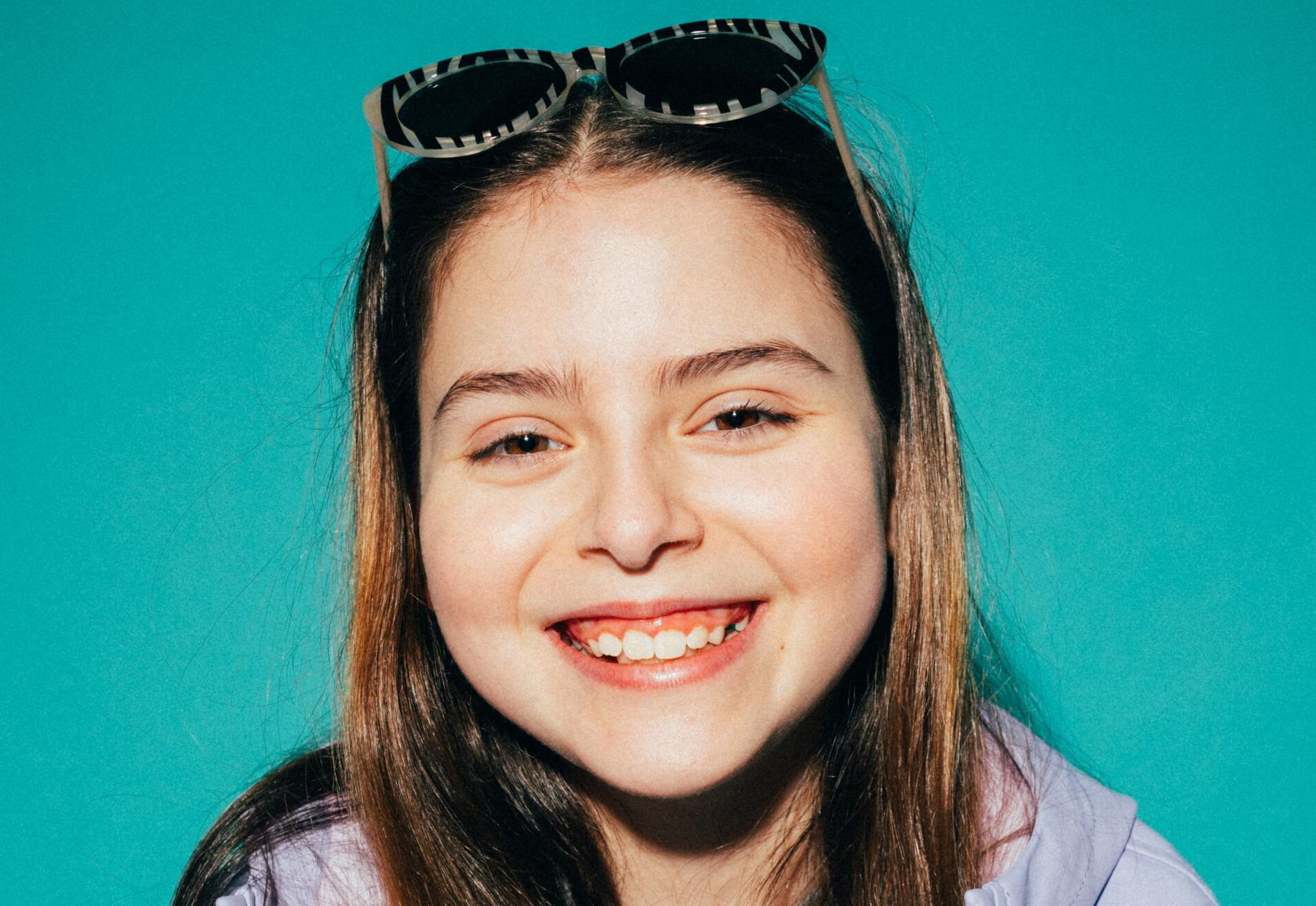
1. Steps for Responding To Disagreements:
- Keep you cool
- Listen to other people
- Repeat what they said
- Explain your side using 'I' statements
- Say you're sorry
- Try to solve the problem
2. Steps for Bringing Up Disagreements:
- Wait for the right time and place
- Keep your cool
- Ask to speak privately
- Explain your side using 'I' statements
- Listen to the other person
- Repeat what they said
- Tell them what they need them to do
- Try to solve the problem
- Remember friendship is a choice
Week 6 - electives: sportsmanship or pre-dating etiquette
TOPIC OPTION 1: Good Sportsmanship and Teamwork
If you are joining us for the topic Good Sportsmanship & Teamwork that will be so much fun.
This week we will be looking at:
- Why is it important to be a Good Sport when participating in games and sports events?
- What are ways someone might be a Bad Sport?
- What are ways someone might be a Good Sport?
- Rules of Good Sportsmanship
- We have some fun, interactive group games to practice good sportsmanship

TOPIC OPTION 2: Pre-Dating Etiquette
- Planning & Preparing for a Date
- Staying Safe on a Date
- What to do During a Date
- Steps for Ending a Date
- What to Do After the Date
- Dating Do's & Don'ts
- Choosing appropriate groups to find people to date - Where might we meet Potential Partners?
- Choosing someone who would be potentially good to date - (Qualities to look for)
- How to speak confidently with both guys and girls
- How to be patient and gradually build friendships that could maybe go further later on (we build relationships slowly and patiently)
- How to Let Someone Know You Like Them
- Steps to Asking Someone on a Date
- Accepting Rejection
- How to Turn Someone Down
Week 7 - handling direct and indirect bullying
HANDLING DIRECT BULLYING
The focus here is to provide our young people with strategies for 'Handling Direct Bullying'.
DIRECT forms of bullying include teasing and physical bullying. Attached to this email is the Social Coach Handout that outlines the STEPS for 'Handling Teasing and ' Handling Physical Bullying' in more detail.
We will cover INDIRECT bullying such as cyberbullying, rumours and gossip in a later session.
Bullying can be common in adolescence, but unfortunately, it also happens with adults. It is important to note that we are not going to encourage participants to talk about specific experiences where they may have been bullied. Instead we are going to focus on what we can do in these situations to make it less likely that we are bullied again, and strategies to address the situation if it does occur again.
We encourage you to continue to practice with your child the steps for 'handling disagreements' that we covered this week as well.

HANDLING INDIRECT BULLYING
INDIRECT forms of bullying such as cyberbullying, rumours and gossip happen behind our back but we can handle it.
Strategies needed to address INDIRECT forms of bullying are very different to those we might use for DIRECT forms of bullying. Attached to this email is the Social Coach Handout that outlines the STEPS we will be practising in more detail.
Instead, we are going to focus on what we can do in these situations to make it less likely that we are bullied again, and strategies to address the situation if it does occur again.
We encourage you to continue to practice with your child the steps for 'handling disagreements' and 'Handling Direct Bullying' that we covered last week as well.
